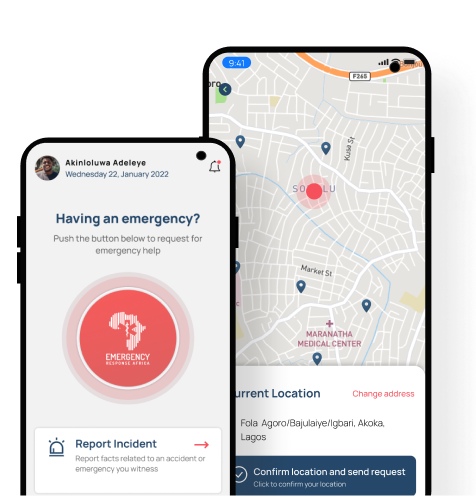With nearly 100,000 new cases of breast cancer and nearly 50,000 deaths per year from the disease, women in Africa are struggling against the challenge of breast cancer. 12 signs of breast cancer include: weight loss, feeling sick, tiredness, painful and abnormal menstrual periods and loss of appetite. While treatment can cost millions, preventive and early detection measures are freely available. According to Cancer.org early warning signs of breast cancer include:
- Sores on the skin
- Breast swelling
- Dimpling (the breast skin looking like an orange peel)
- Pain in the breast or nipple
- Retraction (the nipple turning inward)
- Nipple discharge (other than breast milk)
- Swollen lymph nodes (particularly lymph nodes under the arm or around the collar bone)
- Unusual fluid
- Redness or heat
- Growing vein
- Thick mass
- Change in shape/size
Causes of breast cancer
There are several factors that can increase one’s risk of having breast cancer. Though, it is possible to have breast cancer without being affected by any of the known risks. A person’s genetic makeup and their environment can be a pointer. Let’s take a look at the top 12 factors.
- Age- The risk of having breast cancer increases with age
- Gender- Women are more likely to have breast cancer
- Early period – When a woman begins menstruation before the age of 12
- Previous breast cancer or other breast condition history
- Family breast cancer history
- Breast cancer-causing genes
- Obesity
- Regular alcohol intake increase the chances of having breast cancer
- Women who have never had children are at a higher risk than women who have
- Women who had their first child at an older age are also at risk
- Late menopause
- Exposure to radiation
Breast cancer can be the cause of any of the signs mentioned above. Weight loss, constantly feeling sick, loss of appetite, constant tiredness, painful and abnormal menstrual periods are also some of the symptoms to look out for. For some people, their symptoms are painless. Men and women should carry out regular checks, even though it is more prevalent in women.



